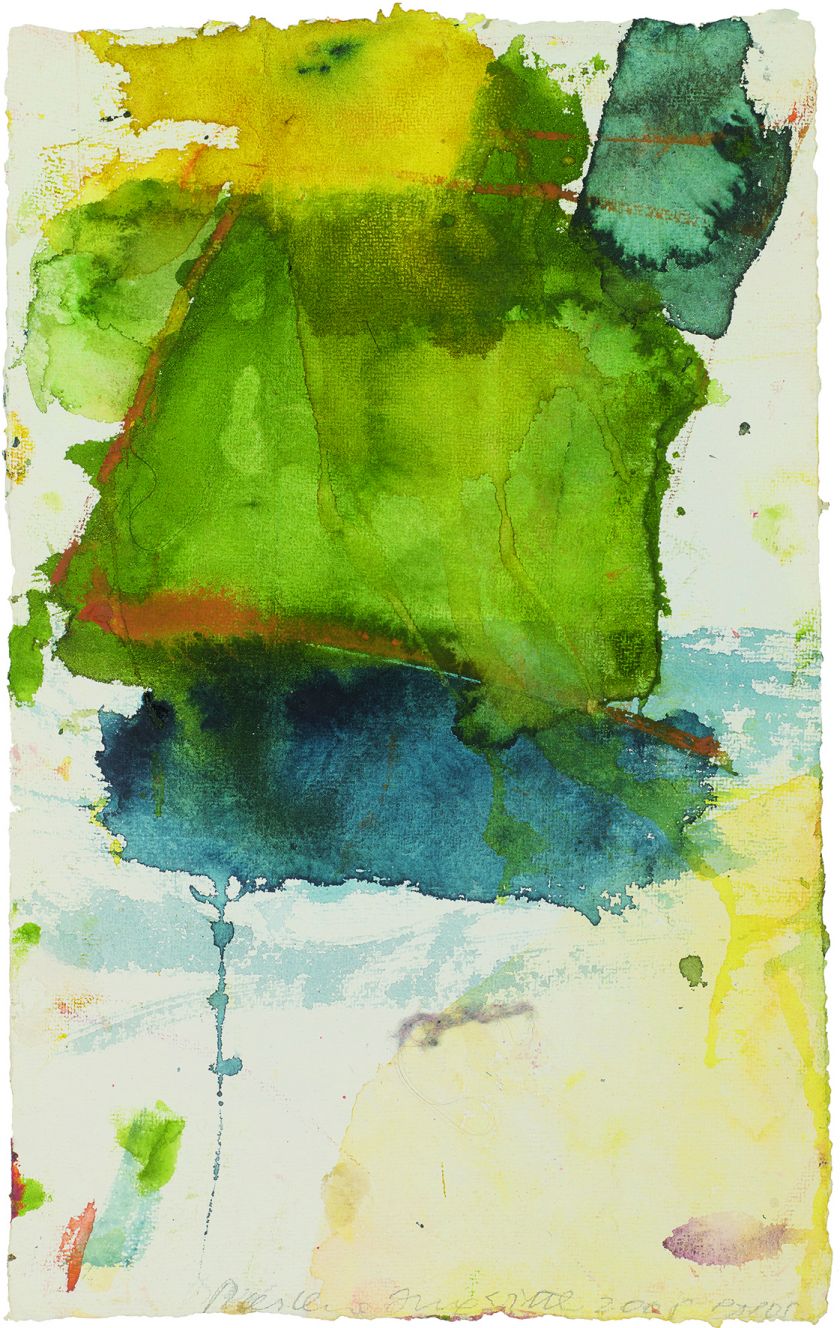What can I hope for? — The third of Immanuel Kant’s four fundamental questions of philosophy forms a rationalist echo to the adamant ‘Et exspecto’ from the Nicene Creed. ‘I await,’ proclaims the Latin text with devout certainty, ‘I await the resurrection of the dead and the life of the world to come.’ When recited as part of the Christian liturgy, do these words signify a promise that one day will be redeemed, or a desire that can never become reality? Waiting and anticipation, fear and hope of what the future might hold: these are the themes that find musical expression in this year’s Ouverture spirituelle, which takes ‘Et exspecto’ as its title. With repertory that spans the centuries, the programming is as wide -ranging as usual. A belief in resurrection means facing up to the inevitability of death. In Bach’s St Matthew Passion the community of Christian believers sits down to shed tears of grief (‘Wir setzen uns mit Tränen nieder’), while modern works by Karl Amadeus Hartmann and György Kurtág also bear traces of personal and universal loss. Luigi Nono pays tribute to the martyrs of the wartime resistance, and in Luigi Dallapiccola’s Il prigioniero even optimism becomes a tool of torture. Beat Furrer reflects on the ephemeral nature of love, and Georg Friedrich Haas explores the grey and grim depths of a coma, where life becomes a mysterious and terrifying shadowland. Other works on the programme contain brighter perspectives, however, suggesting that not everyhing will perish: with ‘Sing ye to the Lord’ and ‘Alles was Odem hat, lobe den Herrn! Halleluja!’ (Everything that has breath praise the Lord, Hallelujah!), Handel’s Israel in Egypt and Mendelssohn’s ‘Lobgesang’ Symphony culminate in strains of choral rejoicing. What can I know? What should I do? What may I hope? Kant poses these questions one after another, summing them up in his fourth question: What is the human being? Nothing without hope; nothing without the belief of ‘Et exspecto’.
Walter Weidringer Translation: Sebastian Smallshaw

